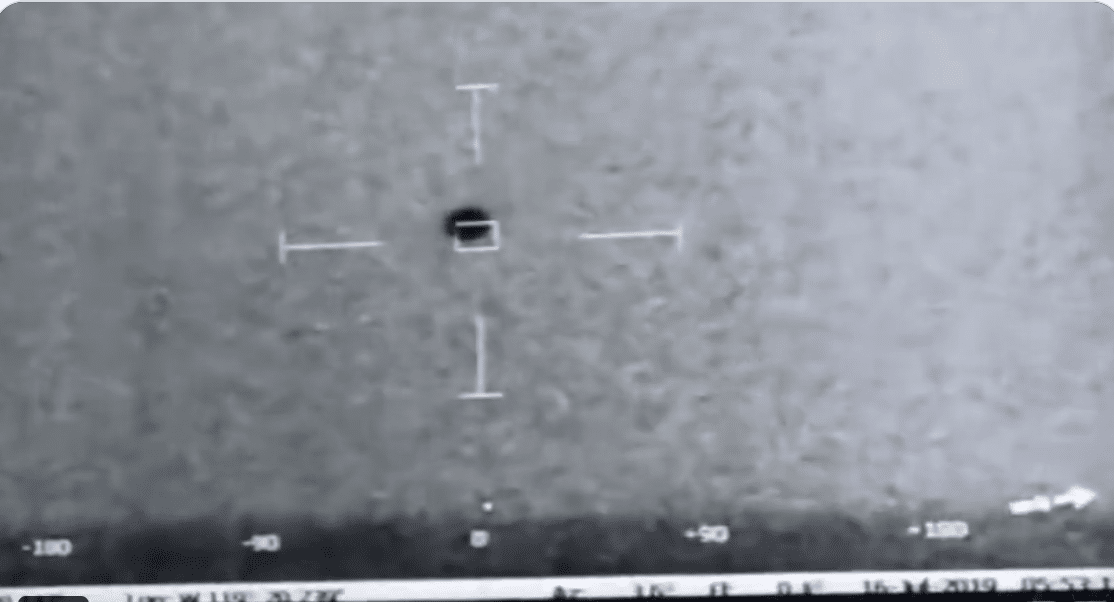(Newsweek) – An ancient tree that contains a record of a reversal of Earth’s magnetic field has been discovered in New Zealand. The tree—an Agathis australis, better known as its Māori name kauri—was found in Ngawha, on New Zealand’s North Island, during excavation work for the expansion of a geothermal power plant, stuff.nz reports. The tree, which had been buried in 26 feet of soil, measures eight feet in diameter and 65 feet in length. Carbon dating revealed it lived for 1,500 years, between 41,000 and 42,500 years ago.
“There’s nothing like this anywhere in the world,” Alan Hogg, from New Zealand’s University of Waikato, told the website. “This Ngāwhā kauri is unique.” The lifespan of the kauri tree covers a point in Earth’s history when the magnetic field almost reversed. At this time, the magnetic north and south went on an excursion but did not quite complete a full reversal. Earth’s magnetic field is thought to be generated by the iron in the planet’s core. As it moves around, it produces electric currents that extend far into space. The magnetic field acts as a barrier, protecting Earth from the solar wind. This is a stream of charged particles from the Sun that could strip away the ozone layer if it were to impact the atmosphere. READ MORE


















